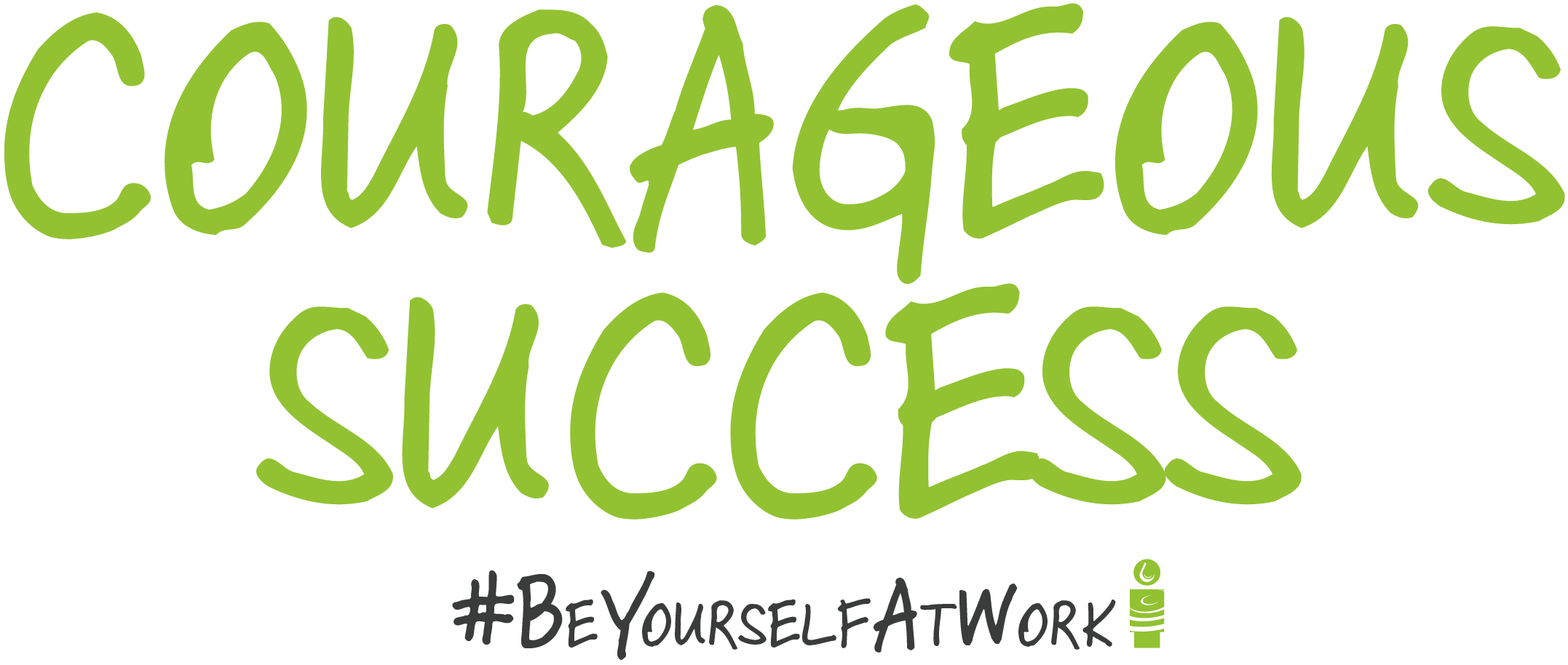“Women accept compliments 40% of the time. When the compliment was given by another woman, however, women only accept compliments 22% of the time.” Amy Morin , Mental Strength Trainer, article published in Thrive Global
“Men often see compliments as ‘face-threatening acts’, or ‘acts intended to embarrass or patronise’. What was meant as a nicety could be seen as a way to assert control”. SUNY Binghamton and the University of the Witwatersrand.
Loving compliments is great practice for #beyourselfatwork.
Ahead of the launch of the first global study and survey into #beyourselfatwork, we are busy sifting through lots of potential questions. One of which asks, ‘out of 10, how well do you fully accept a compliment? 1/10 badly, they don’t mean it, to 10/10 I fully accept it.”
We chose this question because we find a direct correlation between how easily (automatically and emphatically), someone accepts a compliment and their measure of self-worth. It’s therefore a good measure of how likely someone is to be themselves, as a lack of self-worth tends to drive us to conform, change or adapt our style to appear more competent, liked or successful, or hide a little. (I find that those who are being themselves at work also tend to hand out more compliments to others).
How well do you take a compliment, do you love it or hate it?
We’ve blogged many times about challenging the drive for recognition through giving feedback at work, as this drives a reliance on an external confidence strategy, which reduces resilience in the individual. So, I wouldn’t suggest that you go fishing for compliments (!), but loving a compliment is a great barometer of your real self-worth.
I love this video created by Shea from Chicago, who conducted an independent project, which turned into a great social experiment halfway through. In the short film (you might want to skip the pre-ads) she tells people they are beautiful whilst recording their faces. It’s interesting stuff!
So, how to respond to a compliment to really use its power? Researchers in Amy Morin’s study considered a compliment accepted when it was acknowledged and agreed to with a response like, “Thank you.” The research cites three main ways that compliments are deflected by the receiver:
1.Responding with a return compliment – “No, you’re amazing!”
2.Minimising the achievement – “It was nothing.”
3.Attributing success to someone else – “It was really my co-worker who did all the work.”
This deflection, and seeing a compliment as a threat, reduces the natural power of your spirit. But, accepting, sorry, LOVING a compliment can go so much further. If you can go deeper, not only is it a great barometer for #beyourselfatwork, it can also be a great confidence builder and create excitement which, when harnessed, can help you achieve even greater things to make a difference. Here are some of our top tips for fully accepting and loving compliments;
- Don’t fish for them. Give them instead and notice how embarrassed you are as you give a compliment – you shouldn’t be embarrassed at all if your self-worth is where it should be and you mean what you say.
- Ask someone to give you a compliment and see how you feel accepting it. Or write down a compliment to yourself and notice how much you are fighting it.
- When you receive a compliment, pause your energy. Really hear it. Listen and allow it to be absorbed into you. Can you feel your heart soar? If not, are you really accepting it?
- Notice how hard you are on yourself in your self talk. Stop being hard on yourself and regularly give yourself compliments, e.g. “Oh, I did that well”.
- Love giving and receiving compliments to
#Beyourselfatwork.
